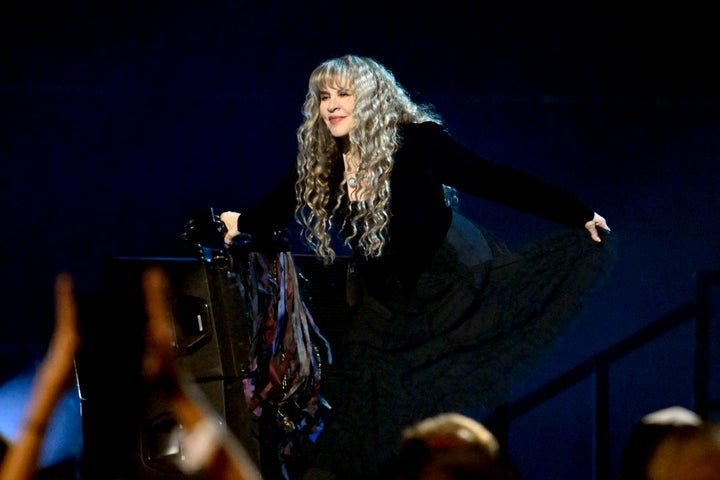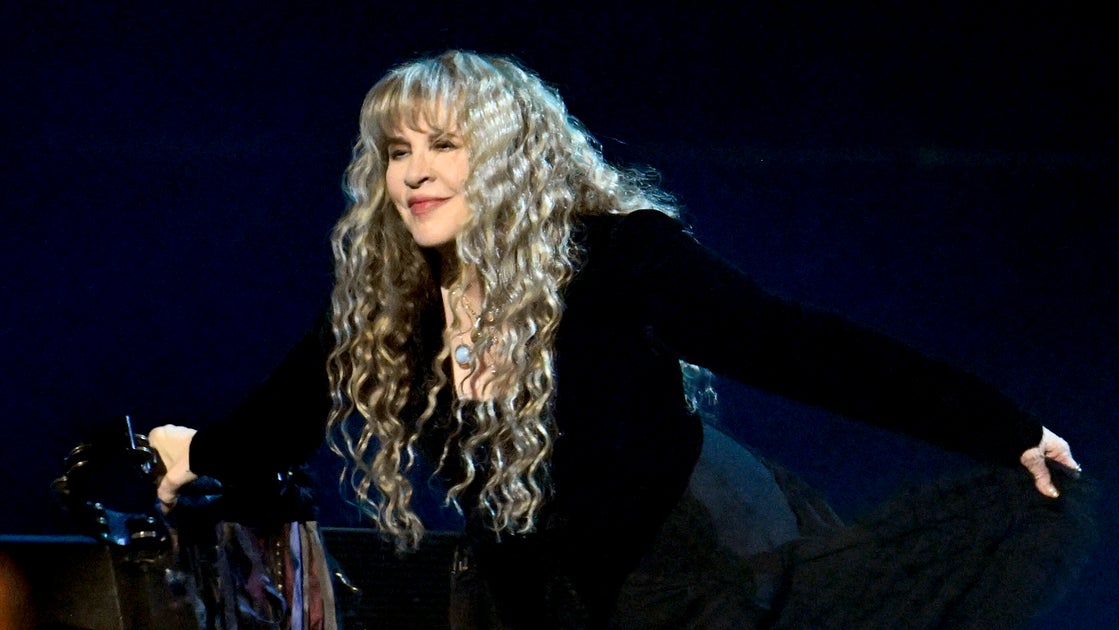The Palisades fire has blessed me with a conversation starter that I will likely continue to use in the years to come. It’s dramatic, yet predictable. It goes like this:
I see someone I haven’t seen since the fires, which devastated Los Angeles in the early part of 2025, or perhaps I’m meeting someone new. I tell them that I was fortunate that my house did not burn down, and that somehow my immediate neighborhood was spared from the flames.
I then say, “Let me show you something.”
I take out my phone and produce a map of the area affected by the Palisades fire. The fire is represented by a big red blob superimposed over LA.
“This area is significantly larger than all of Manhattan,” I say.
“Wow, that’s crazy!” they respond.
“And this,” I say as I expand the map with my fingers, focusing on a tiny white strip of land in the middle of the fire that remained untouched, “is where I live.”
“What?!?!” they ask in disbelief.
And then, for the denouement …
“And this is where the fire started,” I say, pointing to a spot about a half a centimeter above that white strip.
The person usually gasps in this truth-is-stranger-than-fiction moment. Often, they will mention something about a miracle, which is understandable because that’s what it appears to be. Instead, I say, “We were just so lucky with the way the winds were blowing. It was just luck.”
However, some believe that divine intervention occurred.
Recently, as I prepared to return home after seven and a half months of insurance wrangling and remediation work related to smoke damage, I’ve been thinking about an incident that occurred at the FireAid benefit concert shortly after the fires ended.
During the event, which involved celebrities coming together to raise money for victims affected by the Palisades and Eaton fires, there was story after story about homes lost, animals saved, heroic acts and communities decimated. Billy Crystal opened the show wearing the outfit he had on when the fires forced him out of his house. He said he wore these clothes for a week following the fires. “I looked like an evacuee or someone who just robbed a 7-11,” the actor, who lost his home of 46 years, quipped.
I’d been especially thrilled when I found out that rock icon Stevie Nicks was going to perform at the concert. When she sang her opening song, “Stand Back,” it was clear she still had it. After that first song, she started to speak and said she wanted to go “a little bit rogue” to tell her story.
Nicks proceeded to recount her harrowing experience with the fire and revealed that, remarkably, her old wooden house was saved. Had it burned, she explained, it would have spread the fire to the other houses on either side of her street, which thankfully did not happen.
“God saved that house for me, and without [my house] I don’t know what I would have done!” she proclaimed. She then thanked the firefighters from Santa Rosa who had saved the house, but the crux of her message was that it was because of God that her house had been saved: “There is a God … you have to believe, even if you are not religious.”
 Stevie Nicks performs onstage during the FireAid benefit concert for California Fire Relief on Jan. 30 in Inglewood, California.
Stevie Nicks performs onstage during the FireAid benefit concert for California Fire Relief on Jan. 30 in Inglewood, California.
Scott Dudelson via Getty Images
At that moment, I felt so much rage at my idol’s tone-deaf comment. Why would God save her house, a house of a rich celebrity, and not save the thousands of other homes that burned?
Religious faith can be a powerful and healing force for many, providing a source of strength during extremely difficult times, such as in the aftermath of these fires. However, in this particular situation, the belief that God picks and chooses who should and should not be spared during a natural disaster is fundamentally flawed.
Why didn’t God save the middle-class family’s Altadena home that was passed down from generation to generation? Should every person whose home burned down believe that they were chosen to be punished? Why would God allow for these horrific fires to occur in the first place?
Aside from being completely oblivious to the plight of those thousands of fire refugees who weren’t so lucky, my outsized reaction to Nicks’ comment also influenced my daily conversations.
As a psychologist who specializes in anxiety, much of my work is focused on people’s issues regarding control and uncertainty, and fear of future catastrophe. In the service of managing these fears, anxiety sufferers often develop unhelpful behaviors and thought patterns that ultimately make things worse for themselves.
For example, someone with health anxiety might be so consumed with fears of getting ill and dying that they might constantly monitor their body symptoms, ask Dr. Google (and more recently Dr. ChatGPT) about their symptoms, and drive their loved ones and doctors crazy with their frequent need for reassurance.
A person with obsessive-compulsive disorder might have a huge sense of responsibility about causing harm, so they might find themselves in a compulsive regimen of over-checking the locks or stove.
Generalized anxiety disorder is usually characterized by uncontrollable worries. Many people who struggle with this condition find that they worry about trying to gain control over an uncertain outcome or try to prepare for it by imagining all the possible catastrophic scenarios that could play out.
With all these issues, I focus in my sessions with my clients on accepting uncertainty, which is ultimately a part of life and often beyond our control.
When people do suffer a loss or tragedy, there is a tendency to try to make meaning of it. Some engage in excessive self-blame. Why didn’t I do this differently? If only I had done that. Maybe I’m being punished.
Therefore, it is key to accept that sometimes bad things just happen, and you cannot prevent them, nor can you blame yourself. Additionally, while it’s essential to understand and respect a person’s religious beliefs, the notion that bad things happen because God is punishing them does not align with reality. The hard truth is that sometimes bad things happen randomly and are outside of a person’s control. Rabbi Harold Kushner addressed this in his 1981 bestseller, ”When Bad Things Happen to Good People.”
We want to make meaning out of tragedy, and sometimes we are misguided in the way we go about it. With the Palisades and Eaton fires, a constellation of factors contributed to their occurrence, including climate change. It might be tempting to come up with a supernatural reason why one’s house evaded tragedy. However, Nicks was fortunate to have firefighters on her street. The positioning of my house relative to the wind saved mine.
Sometimes we just can’t control randomness or luck.
As I have been making plans to move back to my house after being displaced for over half a year, I realize how much my mental functioning has changed since the first few days and weeks following the fire. I’m no longer in a daze, I’ve accepted the reality of what happened, and my thinking is much clearer. I’ve had firsthand experience that a catastrophe can happen out of nowhere, and sometimes there is nothing we can do to stop it. Inevitably, bad things will happen to everyone. Perhaps something we can learn from this tragedy is to accept uncertainty. When difficult events occur, we need to have confidence that we can rise to the challenge and find a sense of resilience in community with others.
FireAid was 23 days after the Palisades fire. Like me, Nicks was probably still in a state of shock — in complete disbelief about both the enormity of the fire and being one of the lucky ones whose house wasn’t one of the almost 7,000 structures that burned in the Palisades. Although she made comments that I deemed unhelpful for those dealing with the trauma of losing their home, she used her gift to help others in a time of desperate need, which was powerful and meaningful.
So, let’s not cancel Nicks — that is not this essay’s intent. Instead, I wanted to use her statements as a springboard to address grief, anxiety, uncertainty and catastrophe, and how we can move forward. I still love her and her music, and after I move back home, I’ll be listening to “Dreams” as I drive through my decimated town.
Bonnie Zucker, Ph.D., is a psychologist in Los Angeles who specializes in the prevention and treatment of anxiety disorders. She co-hosts the podcast “Anxiety Matters with Dr. Bonnie Zucker and Dr. Bonnie Zucker,” with her professional doppelgänger. She also has a private practice and is on the clinical faculty in the Department of Psychology at UCLA.
20 Years OfFreeJournalism
Your SupportFuelsOur Mission
Your SupportFuelsOur Mission
For two decades, HuffPost has been fearless, unflinching, and relentless in pursuit of the truth. Support our mission to keep us around for the next 20 — we can’t do this without you.
We remain committed to providing you with the unflinching, fact-based journalism everyone deserves.
Thank you again for your support along the way. We’re truly grateful for readers like you! Your initial support helped get us here and bolstered our newsroom, which kept us strong during uncertain times. Now as we continue, we need your help more than ever. .
We remain committed to providing you with the unflinching, fact-based journalism everyone deserves.
Thank you again for your support along the way. We’re truly grateful for readers like you! Your initial support helped get us here and bolstered our newsroom, which kept us strong during uncertain times. Now as we continue, we need your help more than ever. .
Already contributed? Log in to hide these messages.
Do you have a compelling personal story you’d like to see published on HuffPost? Find out what we’re looking for here and send us a pitch at pitch@huffpost.com.

